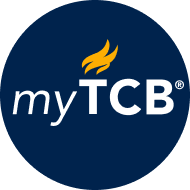
On June 29, the Supreme Court reversed more than 40 years of precedent and ruled 6-3 and 6-2 (with one recusal) against the use of affirmative action in college admissions. The two cases considered the legality of the admissions programs at Harvard College and the University of North Carolina under the Equal Protection Clause of the Fourteenth Amendment and Title VI of the Civil Rights Act of 1964.

myTCB® Members get exclusive access to webcasts, publications, data and analysis, plus discounts to events.




